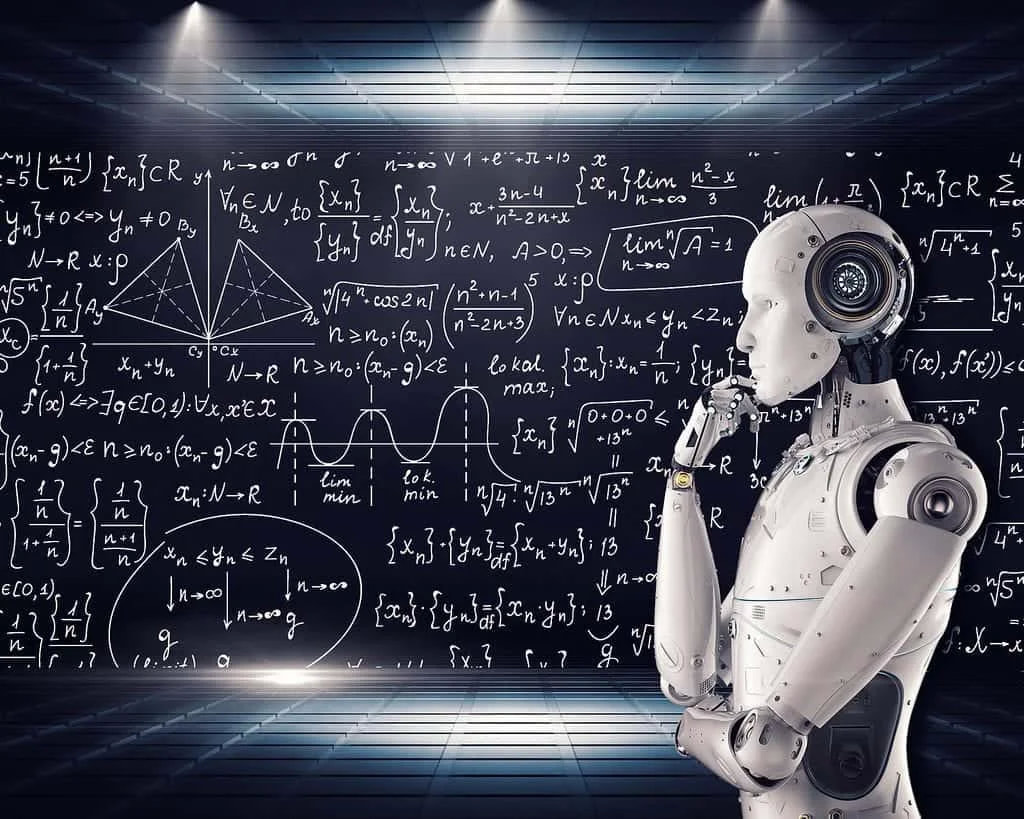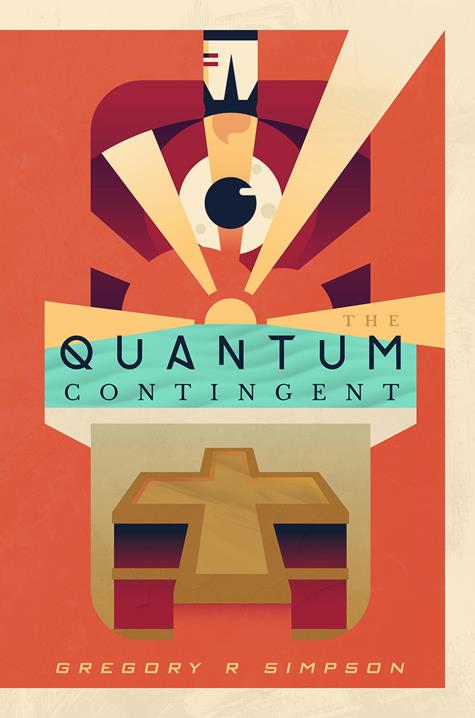|
In The Quantum Contingent, many technologies are used by villain and hero alike to either cause chaos or to prevent chaos. One foundational technology in use is Artificial Intelligence, or AI. AI is an often an overused word, like 'cloud' to describe many different technologies. AI simply represents any technology that attempts to mimic the cognitive function of the human brain. Typically, AI is “narrow” AI as in self-driving cars. In Tesla’s autopilot software, neural nets examine images in real time and do path calculations based on both the images and some other sensor data (e.g. ultrasonics for very close objects). The images are captured by 8 different cameras and stitched together into a 360-degree scene that is examined by the neural nets. Calculations are made as to the velocity of objects based on their movement through time. Autopilot AI doesn't try to decide what stock to purchase, or predict the weather, it is very narrowly focused on driving. General Purpose AI has not yet been achieved. General purpose AI is like Data on Star Trek. It can interact like a human in many different scenarios.
Data is the food that feed the AI beast. We have gotten better at collecting data. 1.4 trillion photos were taken in 2020. As we digitize more and more things, computers get better and better at predicting the future. Imagine what a computer could predict if it had access not only to your photos, but to all your credit card data, your geo-location data from your phone, and more. A paper, Predicting personality from patterns of behavior collected with smartphones, talks about how our digital footprints from our smartphones can predict our primary personality traits. Unlimited access to data and strong AI Machine Learning algorithms can go a long way in providing accurate predictions for villains and heroes alike. In science fiction, this translates into things like the 2002 movie, Minority Report, where law enforcement attempted to predict before it happened. So, in The Quantum Contingent, you’ll see some references to AI, but know that there are also many other uses of AI in the book that may go unnoticed. John McCarthy, a professor of mathematics at Dartmouth first coined the term AI. McCarthy had a saying about artificial intelligence: “As soon as it works, no one calls it A.I. anymore." So, when you see a rocket land on a drone ship in the ocean or use a driver assistance program like Auto-pilot, know that AI is at work even if it's not called AI. Given this novel’s technological bent, and my own interest in AI. I did include one sentence that was entirely generated by AI. In one chapter the sentence: “For a century or so, such longevity has been the stuff of folklore and science fiction. The previous longest-lived human was Jeanne Calment, who died in 1997 at 122 years and 164 days. Physicists have suggested that the limit might be 155 years. A hundred years ago, the average life span in America was around 48” was generated when I provided the prompt “Immortality raises many ethical problems for humanity” to the transformer program at https://app.inferkit.com/demo This program uses a modern neural network to complete the provided prompt using InferKit. If you’d like to read more on AI, I’ve written several blogs on the topic. You can find them here: https://www.cio.com/author/Greg-Simpson/ If you’d like to just enjoy a spy novel that has some fun references to technology then skip the technical blogs and just read The Quantum Contingent. Talk to you soon, Greg
0 Comments
Leave a Reply. |
The BlogGreg's blog will cover some of the things he learned as well as some of the tech and locations he used in his new novel, The Quantum Contingent. Archives
November 2023
Categories |


 RSS Feed
RSS Feed